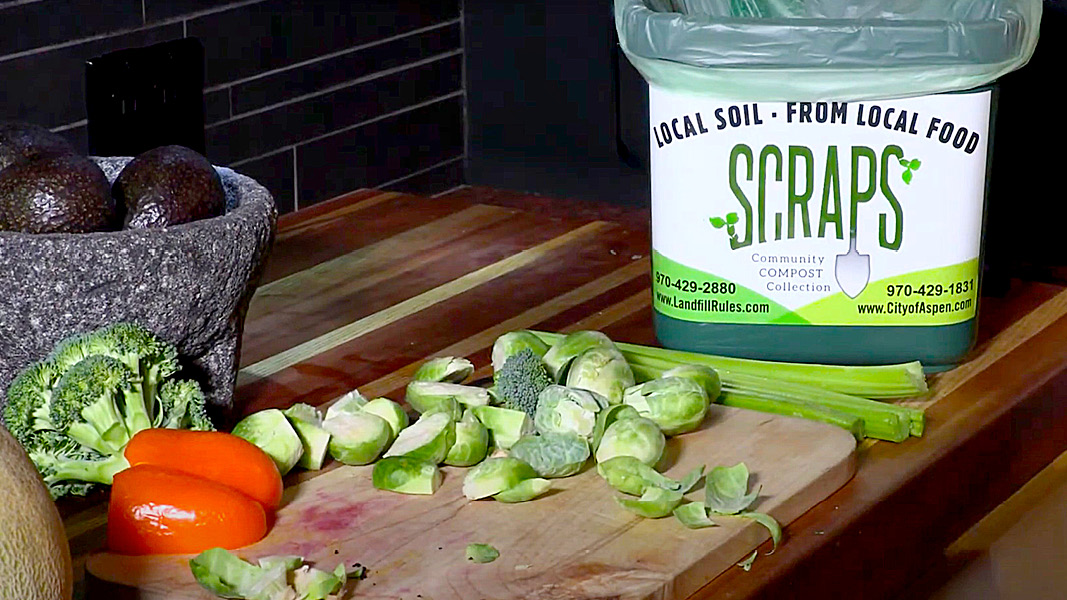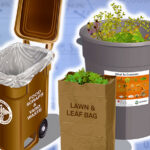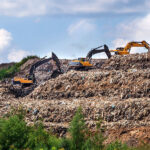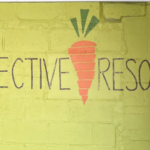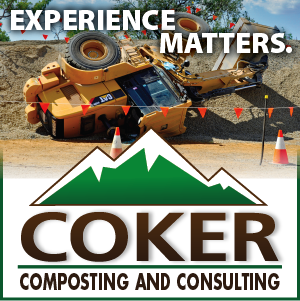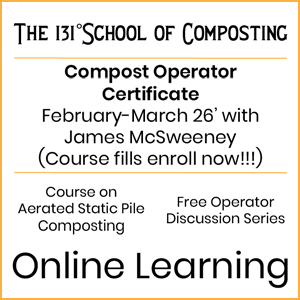Top: Image courtesy City of Apsen, Colorado
The Aspen (Colorado) City Council approved an ordinance in late February that prohibits organics from trash headed for landfill disposal. The first phase of “Ordinance 4” will be effective October 15, 2023, and applies to restaurants and retail food operators. In the coming years, all commercial businesses, multifamily properties, and every individual in Aspen will be required to separate organics from the trash, according to the ordinance. Council’s 5-0 vote is part of the City of Aspen’s solid waste diversion goals, which include reducing organic materials going to the landfill by 25% by 2025 and 100% by 2050. Those goals support the City’s overall greenhouse gas emissions reduction targets of 63% by 2030 and 100% by 2050. Organic material is the single largest category of material disposed of as trash in the City of Aspen.
Voluntary participation for composting is resulting in a roughly 3% or 4% diversion rate of organic material from the landfill, which is far below what the City of Aspen needs to achieve its climate goals. Trash produced by restaurants is an average of between 60% to 80% compostable, making that sector the largest generator of organic waste in the City.
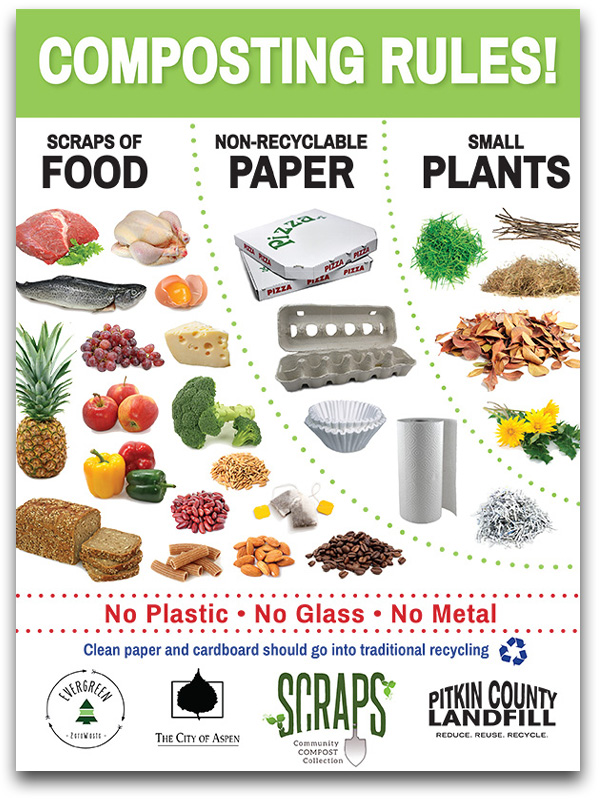 “This ordinance is the single largest action the City has taken to reduce organics from being disposed of as landfill trash,” explains Ainsley Brosnan-Smith, the City’s Waste Diversion and Recycling Program Administrator. “A 2022 study found 42.6% of the trash buried at the Pitkin County Solid Waste Center was organic material that could have been diverted for composting, avoiding the associated methane emissions of burying food. As a result of this ordinance, we hope to see restaurants reassess their food inventories and avoid the spoilage of unused food. We are eager to start working with businesses one on one to prepare them for the first phase of this mandate on Oct. 15.”
“This ordinance is the single largest action the City has taken to reduce organics from being disposed of as landfill trash,” explains Ainsley Brosnan-Smith, the City’s Waste Diversion and Recycling Program Administrator. “A 2022 study found 42.6% of the trash buried at the Pitkin County Solid Waste Center was organic material that could have been diverted for composting, avoiding the associated methane emissions of burying food. As a result of this ordinance, we hope to see restaurants reassess their food inventories and avoid the spoilage of unused food. We are eager to start working with businesses one on one to prepare them for the first phase of this mandate on Oct. 15.”
Under the ordinance, organic materials must be separated from materials thrown away as trash and alternatively disposed in a recoverable manner. Receptacles stored outdoors in the commercial core are required to be certified wildlife-proof. Effective Jan. 15, 2026, all commercial businesses and multifamily properties must separate organics from substances designated for trash disposal, according to Ordinance 4. Effective Jan. 15, 2028, everyone within city limits generating organic waste must separate organics from substances designated for trash disposal.


